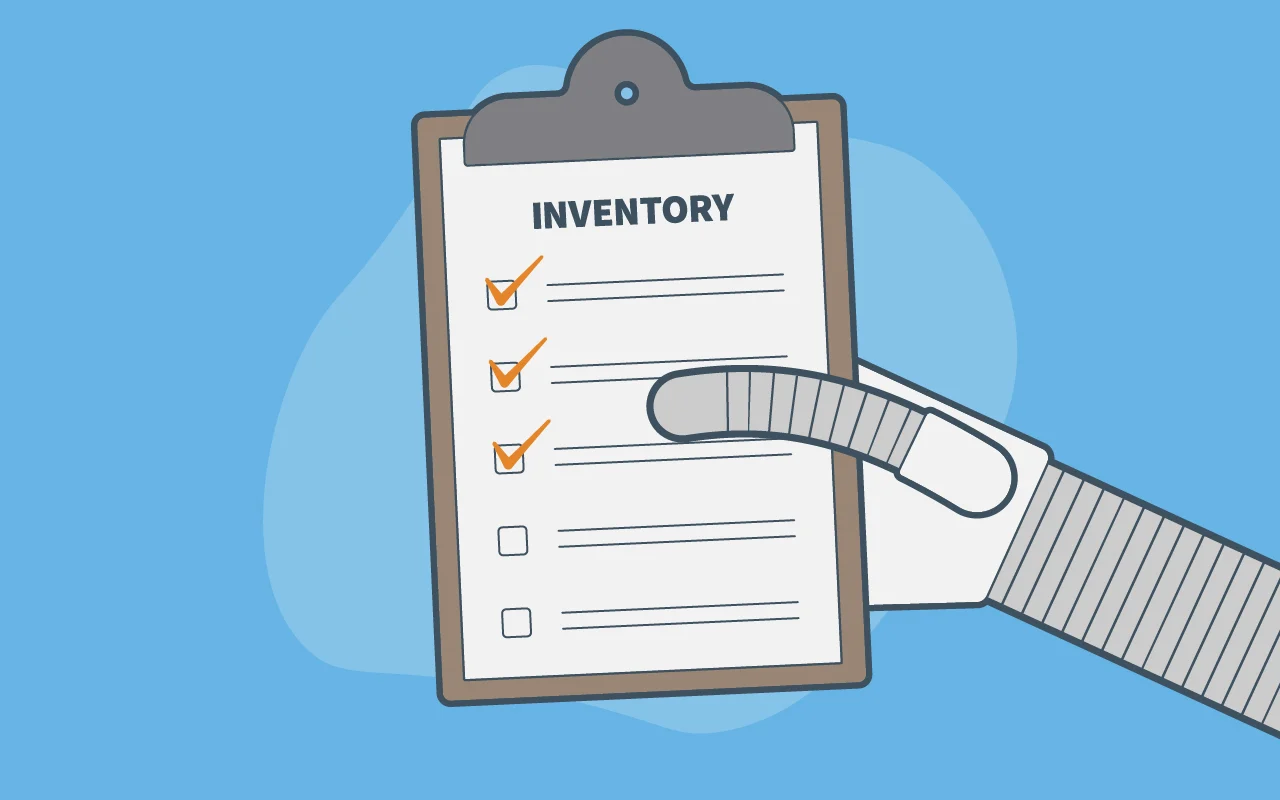Companies looking to embrace digital transformation are incorporating an increasing number of new technologies across their organization. These new technologies may be in the form of more advanced hardware or may be a variety of software put into use to boost productivity – but no matter the technology type, these come with the challenge of monitoring success, updates, and the lifecycle of each asset. For this reason, IT Asset Management, ITAM, is growing in popularity.
What is an IT Asset Management System?
Put simply, an IT Asset Management system will manage the IT Asset Management lifecycle of your software, hardware, licenses, and contracts using an IT asset management software and mature configuration management database, which integrates with most discovery tools. Think of ITAM as inventory management for everything from laptops, servers, tablets, desktop computers, and mobile devices to mobile apps, operating systems, cloud-based applications, software licenses, and everything in between that makes up your company’s digital environment.
Taking this a step further, ITAM with configuration management database (CMDB) tools define the relationship between assets in order to represent any IT service. The CMDB contains intangible assets, such as services (CIs), and links them to physical assets, such as hardware and software, making it essential in managing IT service delivery across all IT processes.
Using automation, an ITAM system has many purposes beyond simply tracking assets and software compliance. It is a critical business function which protects the ITIL value chain by ensuring that tools are managed and controlled in an effective way through ITIL processes like Discovery and Dependency Mapping, Inventory Management, Software License Management, Contracts Management, and more. Further, ITAM automation takes away the time consuming manual processes of day to day asset tracking and creates a streamlined way to quickly view, update, service and replace assets.
For example, ITAM provides built-in best practices to automatically track and standardize the process of updating software. When connected to a cloud-based IT Service Management software, ITAM can help service desk agents quickly recognize which technologies need to be updated or replaced for customers, which can lead to shorter handling time and simpler resolution of support tickets.
What is the Purpose of IT Asset Management?
IT Asset Management is crucial in the management process of all IT resources. It ensures that not only is hardware and software being monitored, but real-time application monitoring is occurring as well. This can reduce system downtime due to lapses in software licenses or compliance or hardware problems.
Below are a few additional reasons ITAM automation will save your organization time and money, making it an important puzzle piece in your IT Service Management suite.
Staying Up to Date with Technology Platforms
Keeping technology platforms up-to-date can seem impossible when providing remote support. Rather than continually trying to update or repair technology as it expires or fails, ITAM automation can alert you before an asset is set to expire or fail.
By keeping software licenses up-to-date and in compliance, upgrading to the latest product releases, and being proactive before hardware fails, your team can significantly reduce downtime. Ultimately, this will free up your agents who normally handle software issues to focus on implementing new changes and other important initiatives.
Additionally, ITAM can be a crucial part of the change and release management process. For example, if you are running on an outdated version of your ITSM platform, ITAM automation can trigger automated workflows to create a Change Advisory Board and follow the ITIL change and release management steps so that your team can upgrade to the latest version with minimal downtime.

Improved Optimization & Standardization
We mentioned earlier in the post that ITAM goes beyond simple inventory, and a simple example of this is the set of best practices and guidance for optimization and standardization that is part of an intuitive ITAM automation platform.
ITAM asset discovery can allow quick, optimized access to all devices connected to the network, allowing maintenance checks and pushing flagged problems to the service desk. ITAM automation can also create simpler auditing processes, speeding up time spent preparing lengthy audit reports.
This optimization and standardization of processes equates to hours saved, which translates directly to cost optimization.
Improved Self-Service
An effective self-service initiative hinges on data. This data includes inventory and status of all assets in use by each user – all provided more efficiently by an IT Asset Management system.
If the data is being manually entered into a self-service portal, there is a chance that it will be outdated, which can lead to frustration. For example, imagine that a customer of the support desk is looking for help programming their phone through the self-service portal. If the portal does not already know which phone the customer is using, it will not be able to provide specific information, creating a more confusing and time-consuming experience.
On the flip side of this, imagine that the self-service portal is connected to the ITAM automation system. When the user searches for help with their phone, the self-service portal will automatically populate which phone they use, providing the corresponding knowledge articles, troubleshooting steps, and ticketing portal for that specific phone. In turn, the ticket will be routed to an agent who handles that piece of equipment specifically, reducing wasted time and creating a more seamless experience.
Another way ITAM can improve self-service is through the asset replacement and ordering process. Customers of the service desk are used to a quick, simple online shopping experience and connected interface in their personal lives, and have come to expect the same of their work software experience. IT asset management automation makes it possible to order new hardware or software access through a self-service portal, creating a similarly easy user experience.
Improved IT Security
Avoiding security breaches is a top use for ITAM automation. The most obvious way it keeps company’s data secure is by preventing lapses in security certificates and firewall software. But beyond that, ITAM enables the IT team to define user roles and limit access with regard to the user’s needs.
ITAM also creates audit trails. This means that you will know who has access to which software or equipment, and at what time, so that if a security breach or issue does occur you can more easily trace it to the party or equipment involved. This helps give clarity to possible risks, threats, and vulnerabilities.
The Future of IT Asset Management Automation
The future of IT Asset Management automation goes beyond these purposes and supports multiple data sources. This will lead to improved tracking of all IT assets while fully integrating with technical and financial data (like location, service contract status, ownership, and logistical information).
Ultimately, the future of ITAM automation goes hand-in-hand with AITSM and automation in the service desk as a whole.
To learn more about IT Asset Management automation and how to integrate ITAM with EasyVista’s comprehensive ITSM solution, request a demo today!
2025 Gartner®Market Guide for ITSM Platforms
Get the latest ITSM insights! Explore AI, automation, workflows, and more—plus expert vendor analysis to meet your business goals. Download the report now!




